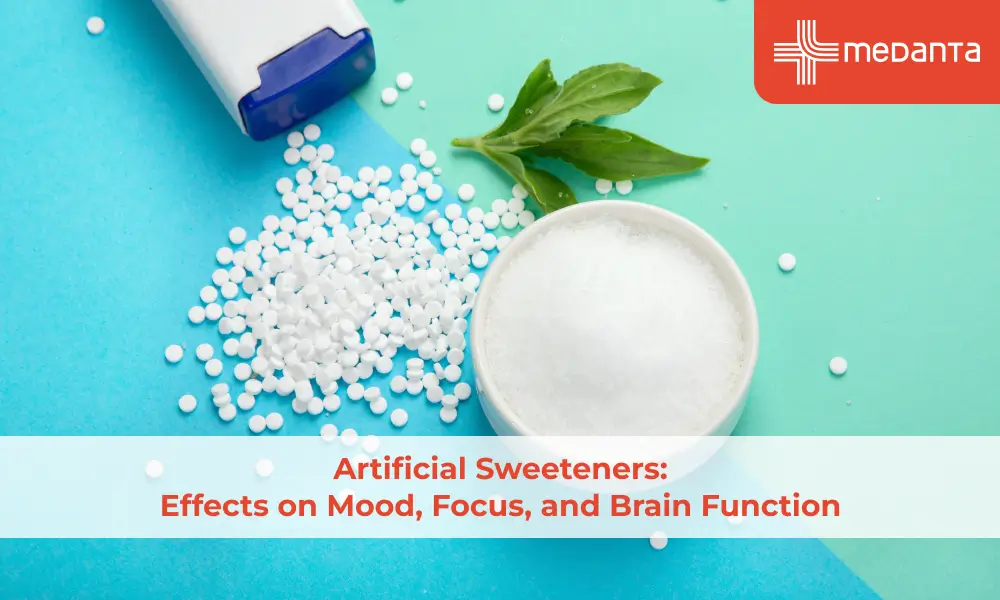Nutrition towards a healthy heart

Globally, heart disease is responsible for close to one-third of all fatalities.
Diet has a significant impact on heart health and can lower your chance of developing heart disease.
In reality, a number of characteristics that are risk factors for heart disease, including blood pressure, triglycerides, inflammation, and cholesterol levels, can be affected by the foods you eat.
Your risk of several cancers can be decreased and your cholesterol levels can be lowered with diet.
A balanced diet can improve your heart even if you already have a cardiac issue.
Healthy Diet
Healthy nutrition, maintaining a normal body weight, getting regular exercise, and quitting smoking are all components of a heart-healthy lifestyle.
You can eat to support heart health in a variety of ways, many of which are straightforward variations on a common nutritional theme. Your diet should be built on foods that are as close to their natural state as possible. This entails consuming a lot of fruits and vegetables, whole grains occasionally in place of refined grains, legumes, nuts, and seeds, as well as other sources of good fats like fatty salmon. Non-processed lean meats, poultry, and/or dairy are further options.
Following a heart-healthy diet will ensure that you receive all the nutrients required to maintain good health.
Vegetables and Fruits
Fruits and vegetables are excellent providers of vitamins and minerals. Fruits and vegetables are high in dietary fibre and low in calories. Like other plants or plant-based diets, fruits and vegetables contain compounds that may lower the risk of developing cardiovascular disease. You may be able to reduce your intake of high-calorie meals like meat, cheese, and snack foods by increasing your intake of fruits and vegetables.
The vitamin K in green leafy vegetables is very important for healthy blood coagulation and artery protection.
It can be simple to include fruits and vegetables in your diet. Maintain sliced and washed vegetables in your refrigerator for quick snacking. To ensure that you remember to consume it, keep fruit in a dish in your kitchen. Pick recipes using fruits or vegetables as the major ingredients, like fruit salads or stir-fries with veggies.
Whole Grains
Fibre and other nutrients included in whole grains help to control blood pressure and maintain heart health. By adopting straightforward substitutes for refined grain products, you may boost the proportion of whole grains in a heart-healthy diet. Alternately, be daring and experiment with a novel whole grain, such as farro, quinoa, or barley.
The risk of coronary heart disease is raised by refined carbs. On the other hand, whole grains offer protection. An additional 1 to 2 servings of these items each day have a 10% to 20% chance of increasing or decreasing risk.
More whole grains in your diet can improve your heart health, according to numerous studies.
It is possible to avoid and treat hypertension by consuming a diet high in plant-based foods, whole grains, low-fat dairy products, and sodium within acceptable ranges.
Be cautious to thoroughly read the ingredient list when purchasing whole grains. Words like "wheat flour" or "multigrain" may not denote a whole grain product, while phrases like "whole grain" or "whole wheat" do.
Seaford
Fish is a fantastic meat substitute, and fatty fish has the added benefit of supplying extra Omega-3 fats, which are good for the heart. Salmon, kahawai, warehou, pilchards, herring, sardines, mackerel, and sardines are the oiliest fish. Omega-3s can be found in tinned salmon (choose fish canned in springwater rather than brine). We advise eating fish twice a week,
A different way to acquire your recommended daily intake of omega-3 fatty acids if you don't consume a lot of seafood is by using fish oil.
Supplemental fish oil has been demonstrated to lower blood pressure, enhance vascular function, and lower blood triglycerides.
Popular alternatives to fish oil include krill oil and algal oil.
Beans
One of the world's most underappreciated, nutritious, and reasonably priced foods is legumes. To use less meat in a meal, you can substitute them for meat or incorporate them into it. Pulses, or dried peas and beans, are legumes that come in a range of sizes, colours, and shapes. Adzuki beans, lentils, chickpeas, split peas, mung beans, soybeans, pinto beans, red kidney beans, and cannellini beans are only a few of the many varieties. They can be purchased pre-cooked in cans or soaked and cooked from scratch.
Despite the fact that most traditional Kiwi recipes only contain baked beans, legumes are widely consumed throughout the world, from the Mediterranean to the Middle East, the Caribbean, South America, and Asia. For the most affordable option, prepare them yourself. Alternatively, purchase them already cooked in a can. We advise eating legumes 4–5 times per week for heart health.
Avocados
Avocados are a fantastic source of monounsaturated fats, which are known to lower cholesterol levels and the risk of heart disease.
In one study, one avocado was consumed daily by one of the test groups, which included 45 overweight and obese individuals. The study examined the effects of three cholesterol-lowering diets.
Lower levels of LDL (bad) cholesterol, particularly tiny, dense LDL (bad) cholesterol, which is thought to dramatically increase the risk of heart disease, were observed in the avocado group.
Dark chocolate
Flavonoids, an antioxidant found in abundance in dark chocolate, can improve heart health.
It's interesting that eating chocolate has been linked by multiple studies to a lower risk of heart disease.
Less than six servings of chocolate per week may lower your risk of diabetes, coronary heart disease, and stroke (30Trusted Source).
Remember that although these studies demonstrate a relationship, they may not take into consideration all potential contributing factors.
In addition, chocolate may be high in calories and sugar, which could counteract many of its health benefits.
To get the most out of dark chocolate's heart-healthy properties, choose a high-quality variety with at least 70% cocoa content.
Conclusion
Allow yourself to occasionally treat yourself. Your heart-healthy diet won't be ruined by a candy bar or a bag of chips. But don't let it become a justification for abandoning your diet. Over time, you'll achieve equilibrium if overindulgence is the exception rather than the rule. The majority of the time, eating healthy foods is what matters.






